Tunisia parliament speaker declares assembly in session, defying president
Tunisian parliament speaker Rached Ghannouchi has declared the assembly in session and called on parliamentarians to resume work, defying President Kais Saied’s suspension of the assembly.
The move on Friday is set to deepen the dispute over the legitimacy of Saied's takeover of most of the legislative and executive powers in July when he dismissed the prime minister, suspended parliament and assumed executive authority in moves his foes call a coup.
“The office of the Assembly of the Representatives of the People is in permanent session,” Ghannouchi, head of Ennahda party, said in a tweet.
At least 73 out of 217 MPs from various parliamentary blocs, mostly from the Ennahdha and Qalb Tounes, signed a statement on Wednesday rejecting Saied’s decision that he would rule by decree instead of via parliament, and called for the resumption of parliamentary sessions in early October.
In a joint statement, the signatories called on all parties to “unite” and “overcome differences to defend the values of the republic and democracy”.
The statement came after the president appointed Najla Bouden Romdhane, a top education official with little government experience, as Tunisia’s first woman prime minister earlier on Wednesday.
The Tunisian president has denied allegations of staging a coup and insisted that he would not turn into a dictator.
The Tunisian president and parliament were both elected in separate popular votes in 2019 while the prime minister took office last summer, with Saied swearing to overhaul a complex political system plagued by corruption.
Last week, Saied suspended much of the constitution, saying he could rule by decree during an “exceptional” period with no set ending. The international community has called on the president to return Tunisia to “a constitutional order.”
Saied’s moves placed vast executive powers in the hands of the president, who will himself head the cabinet.
Many Tunisians support Saied and see his actions as necessary to eliminate corrupt and unpopular political elites after years of recession and on the other side his critics from across the spectrum believe he is inexperienced and uncompromising.
Years of paralysis, corruption, declining state services and growing unemployment had agitated many Tunisians on their political system before the COVID-19 pandemic smashed the economy last year and infection rates surged this summer.
In the recent weeks, dissatisfaction has increased among Tunisians amid the lack of clarity on Saied’s plans and the absence of a prime minister amid growing pressure from Tunisian political and civil society figures.
Supporters and opponents of Saied are both planning demonstrations in the capital on Sunday.
Earlier this week, many political parties announced a coalition to oppose Saied’s moves to seize governing powers.
Four Tunisian political parties on Tuesday urged Saied to reverse his power grab, warning that his controversial moves could stoke violence.
Israeli regime strikes buildings in Lebanon’s south
Suicides among Israeli forces surge amid Gaza war
Gen. Soleimani turned threats into opportunities and fortified resistance axis
Houthi: General Soleimani thwarted US conspiracies in West Asia
Islamic Jihad prevents Israeli captive from taking own life
Pezeshkian: We will continue path of Gen. Soleimani with power
Israel forces make incursion into Lebanese town, torch homes
Israeli settlers raid al-Aqsa Mosque amid restrictions on Muslims


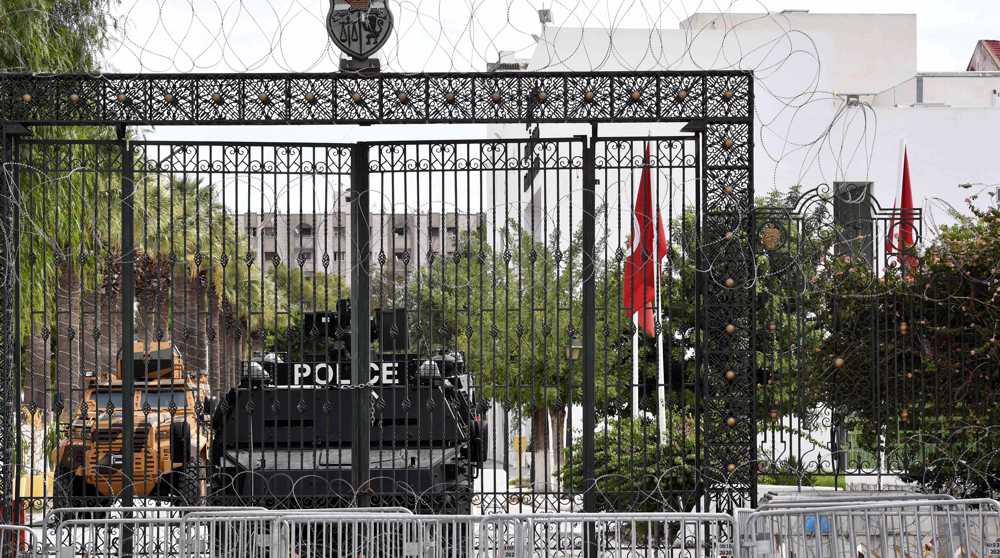
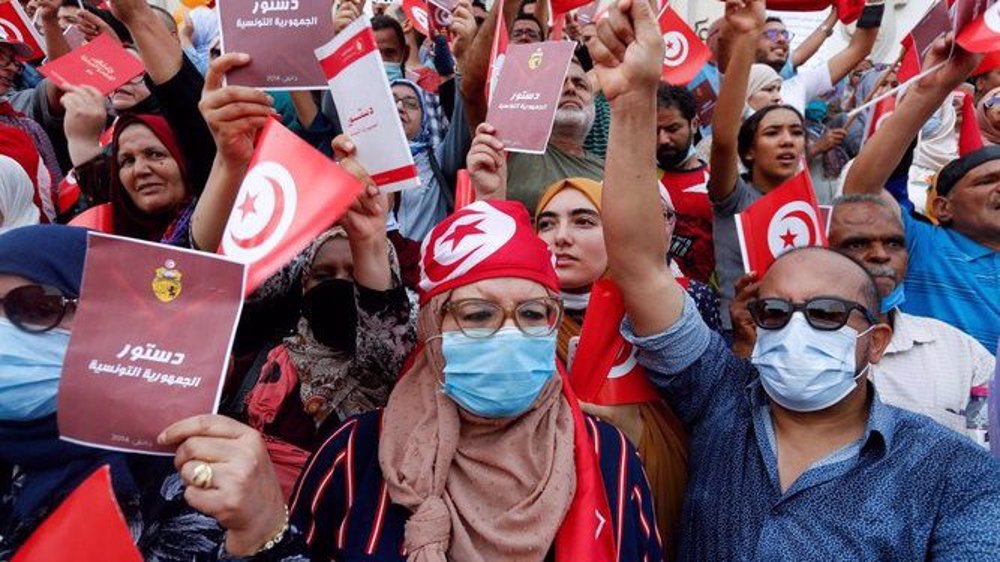






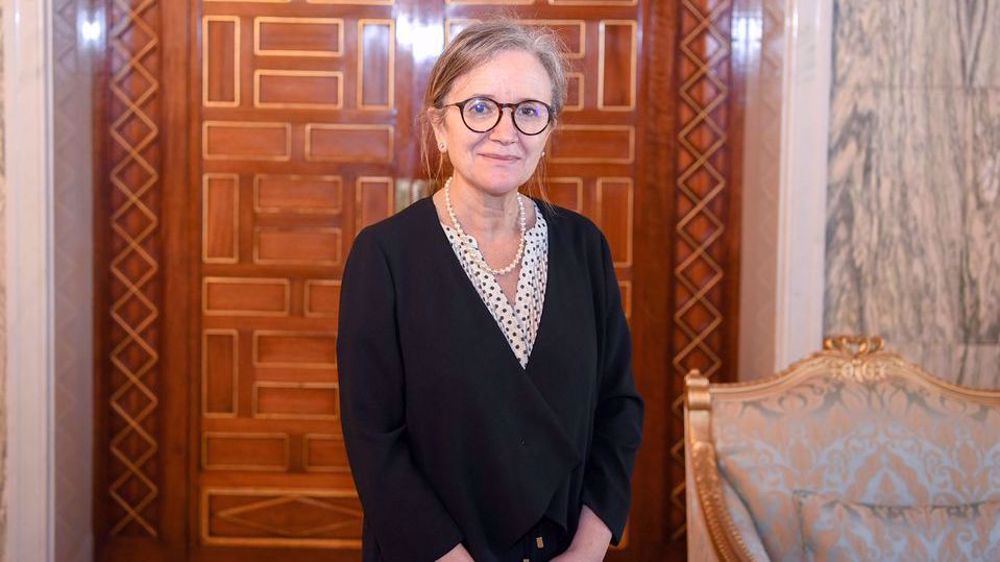

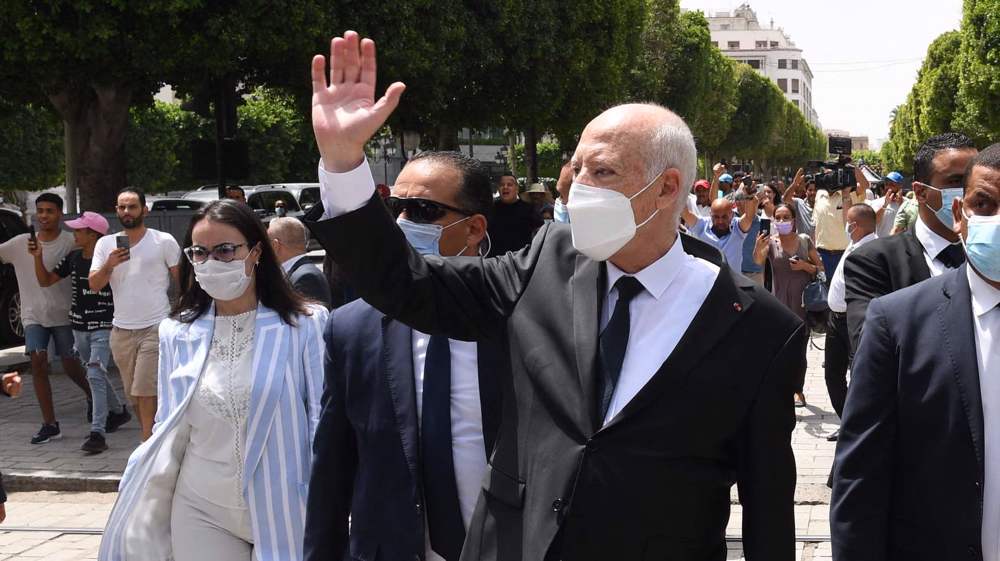
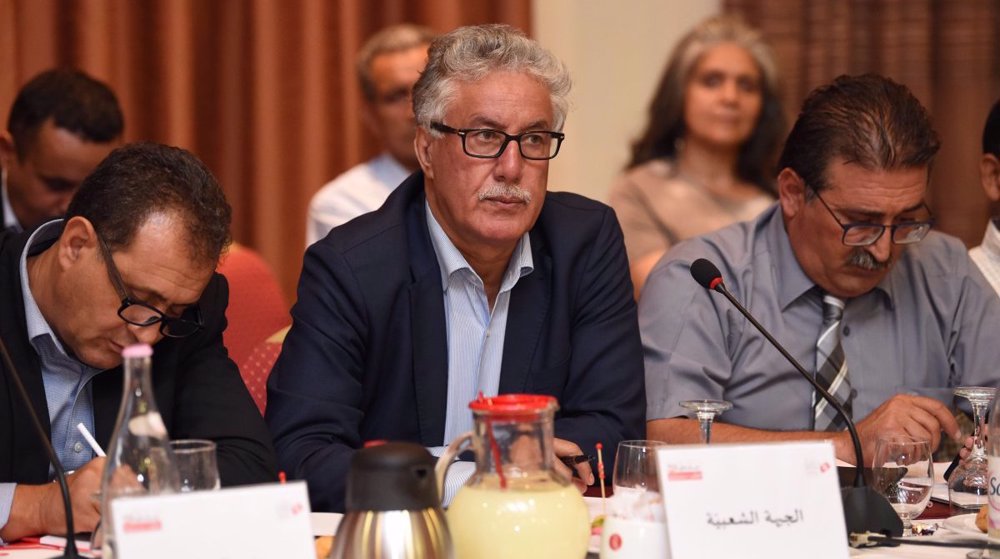
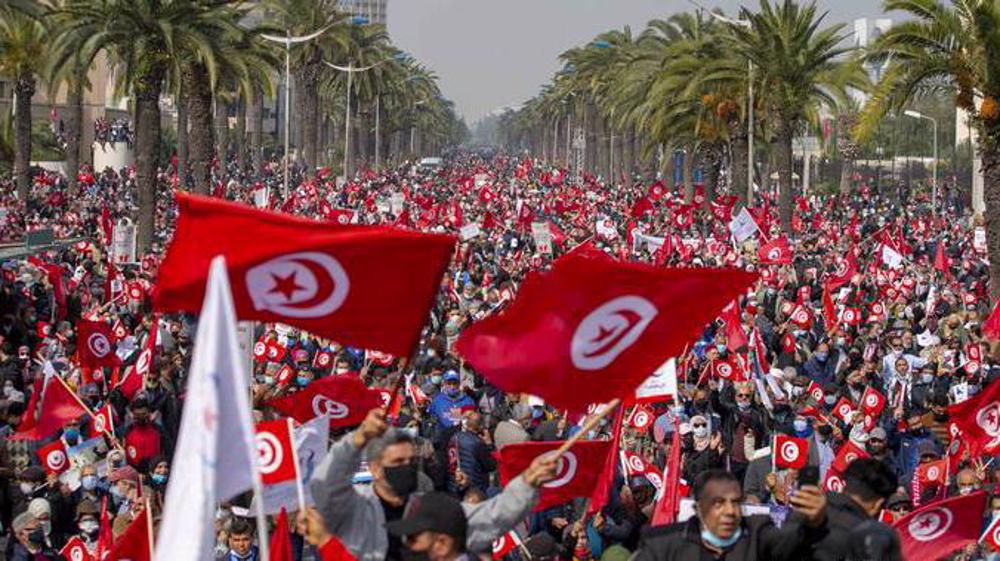

 This makes it easy to access the Press TV website
This makes it easy to access the Press TV website